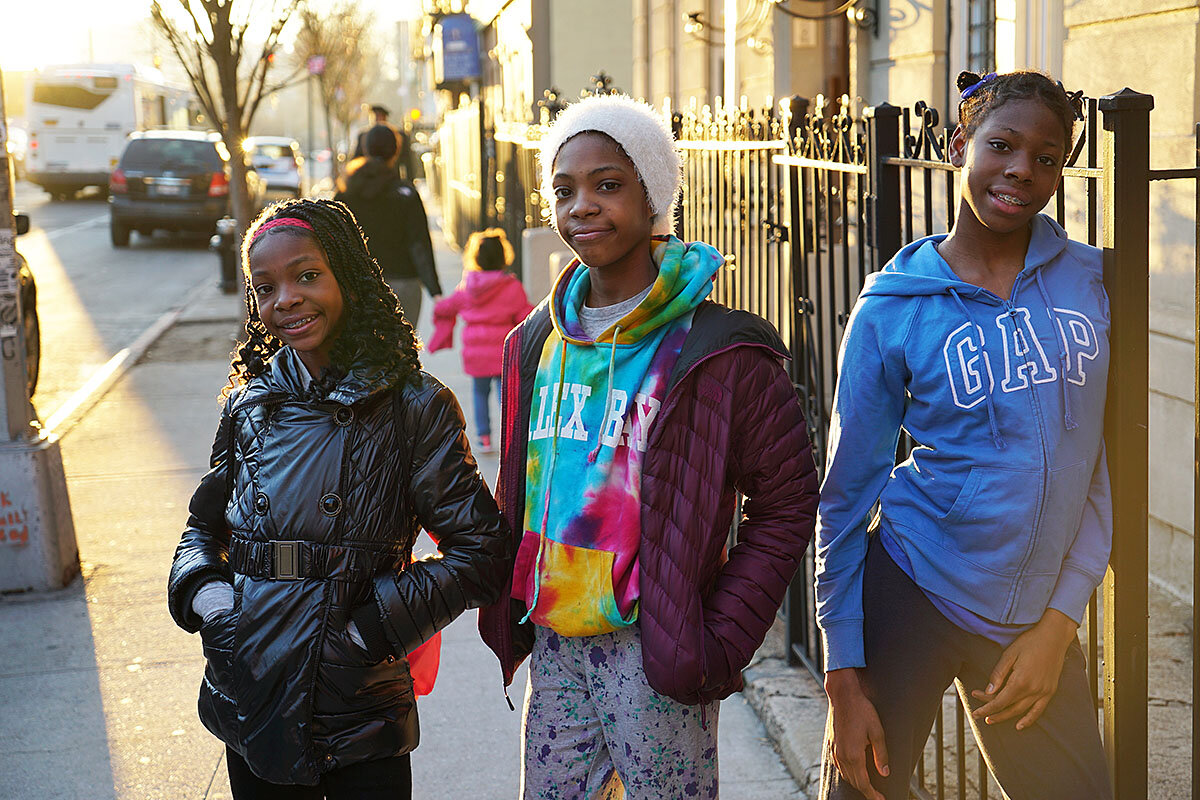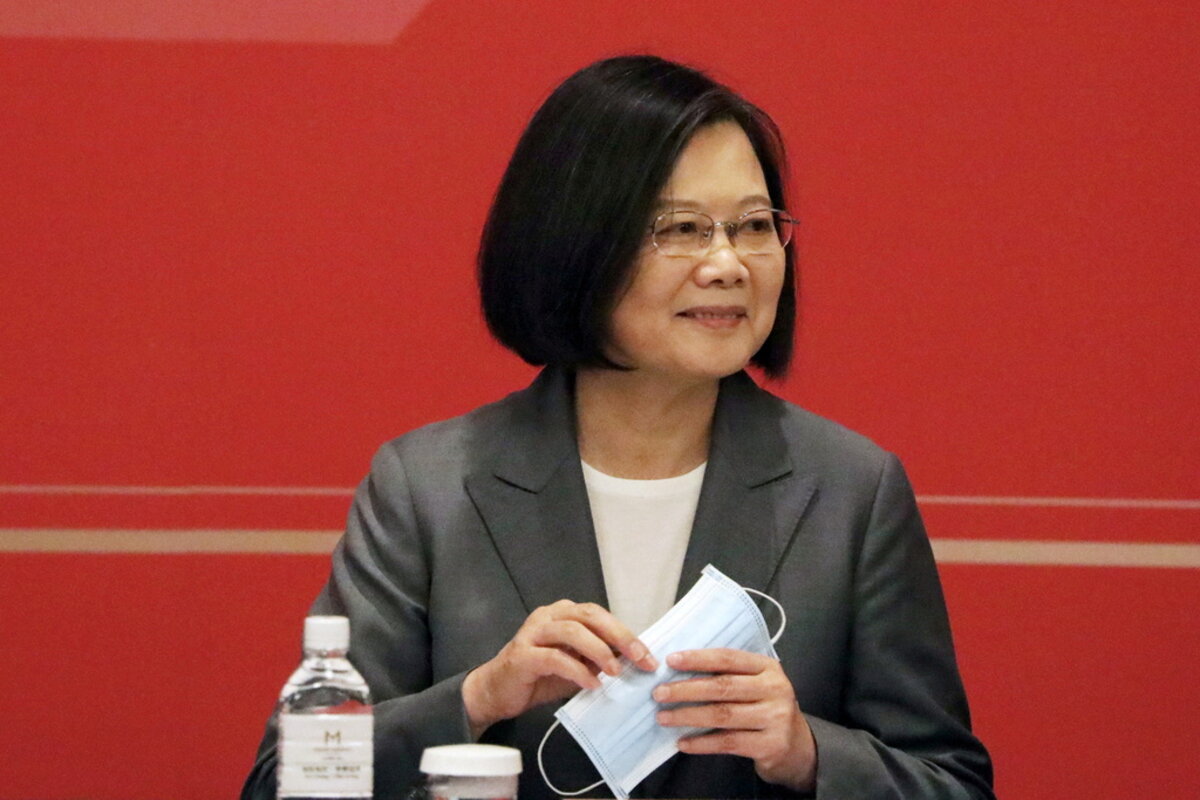The Supreme Court may, like America itself, be more partisan than ever. But Thursday offered two big cases that did not break along predictable party lines. “That’s significant,” says one expert.
Monitor Daily Podcast
- Follow us:
 Mark Sappenfield
Mark Sappenfield
U.S. climate policy has led to no small amount of controversy and hand-wringing. The data show a planet hurtling toward crisis while American policy is the crooked line of a nation divided on the issue.
But maybe the “green vortex” matters even more, . The United States, he notes, is currently hitting key emissions targets laid out in President Barack Obama’s 2009 climate bill, even though the bill never passed Congress.
The reasons are simple. A positive feedback loop of innovation and demand has made going greener profitable. The Monitor’s Stephanie Hanes recently chronicled how this dynamic looks to farmers in the cornfields of Illinois. Mr. Meyer calls this “practice makes improvement.” The more we do something, the better we get at it. “Over the past half decade, [this] has driven down the cost of semiconductors, solar panels, and electric vehicles.”
To Mr. Meyer and others, it represents the hopeful edge of the climate challenge. Yes, governments can help, such as with subsidies to spur profitability earlier. But real change happens as the feedback loop accelerates.
“There’s so much energy spent on trying to convince people what we should do about climate change,” international affairs professor Nina Kelsey tells Mr. Meyer. But going forward, she says, the most effective course is to accelerate the vortex – to supercharge the efforts that make fighting climate change profitable.











